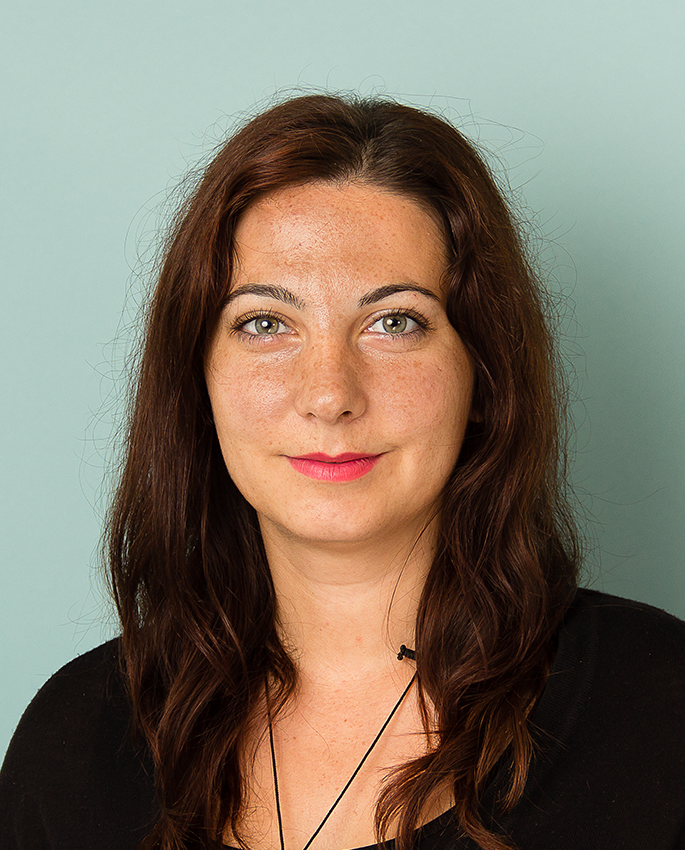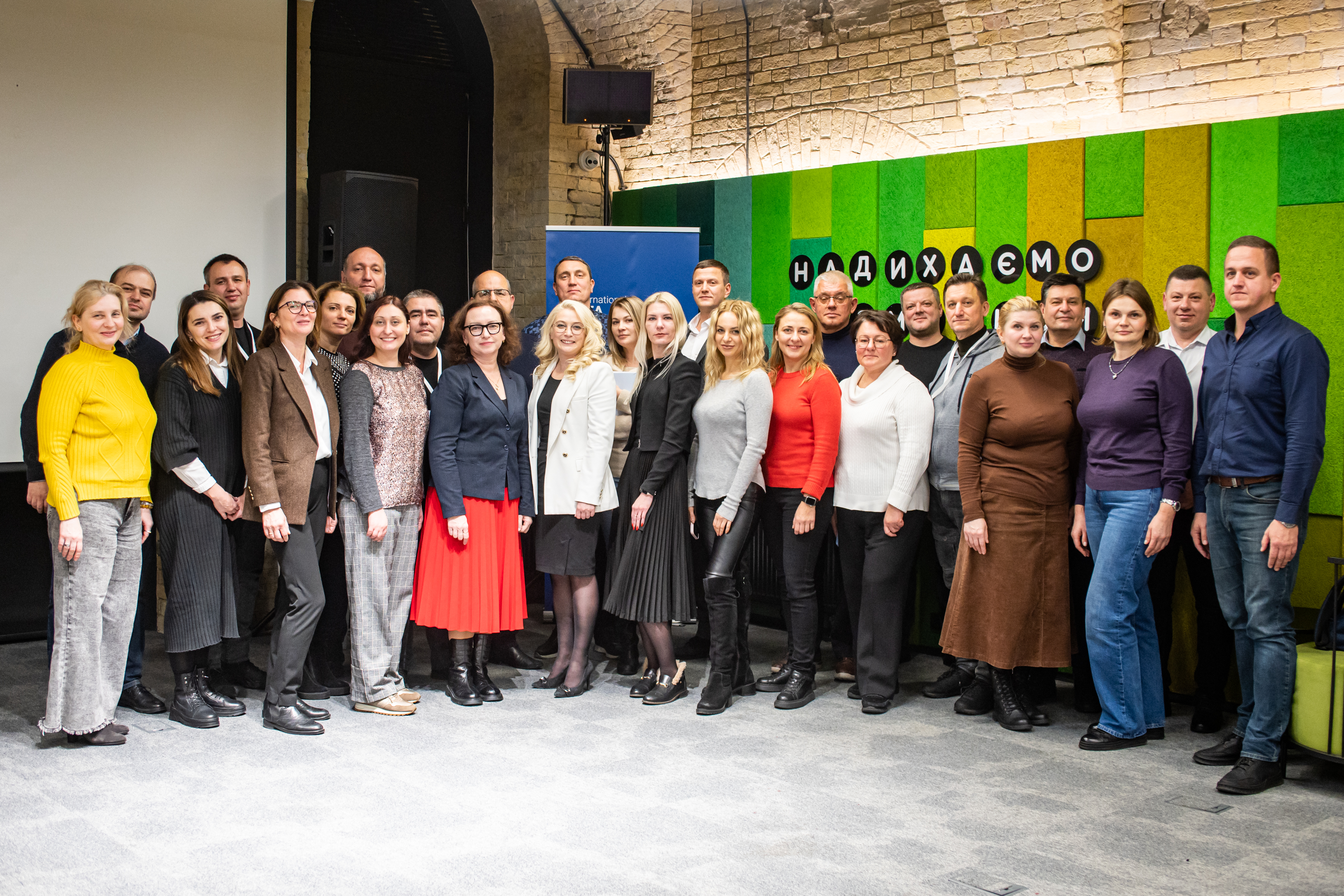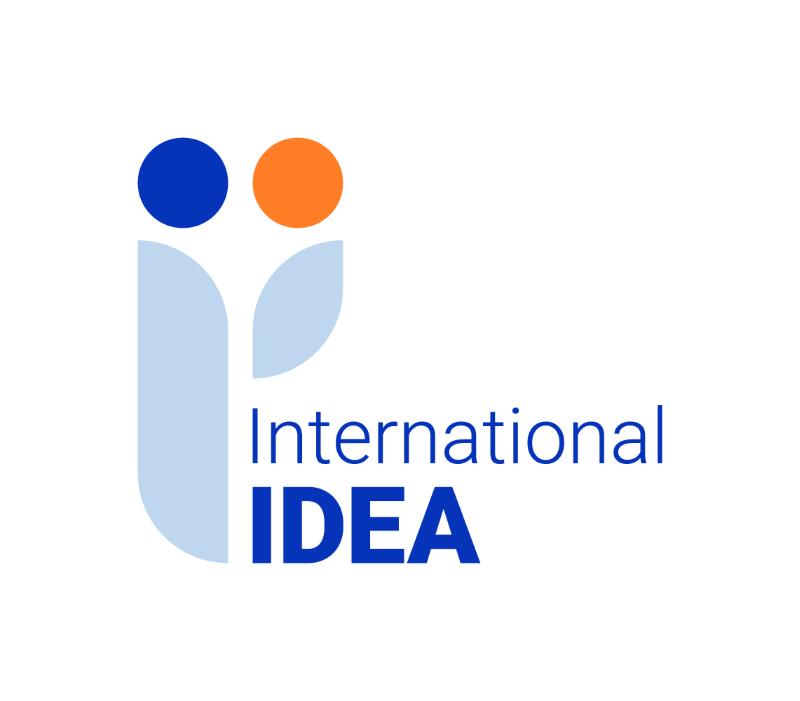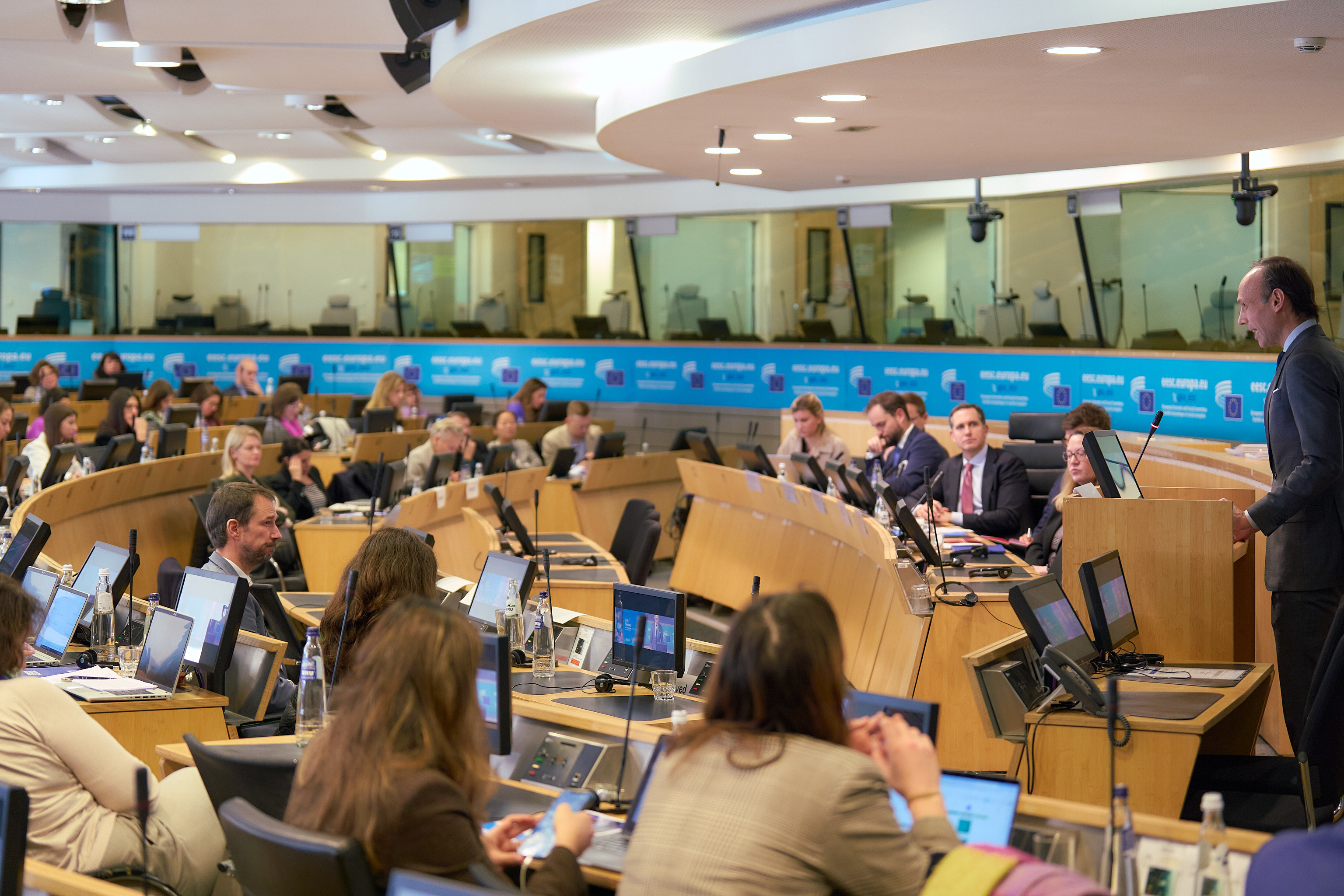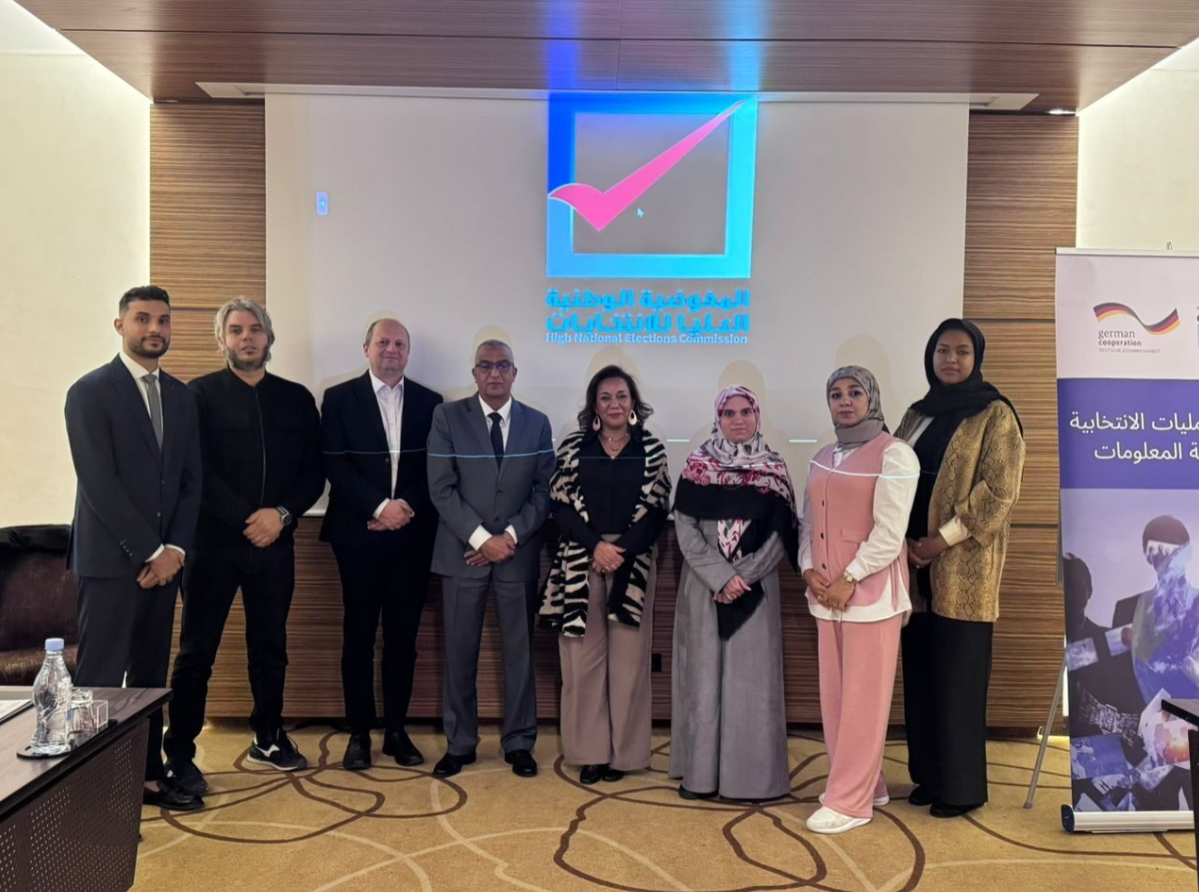International IDEA at the UN Permanent Forum on Indigenous Issues: Voices from Brazil’s Indigenous Leaders
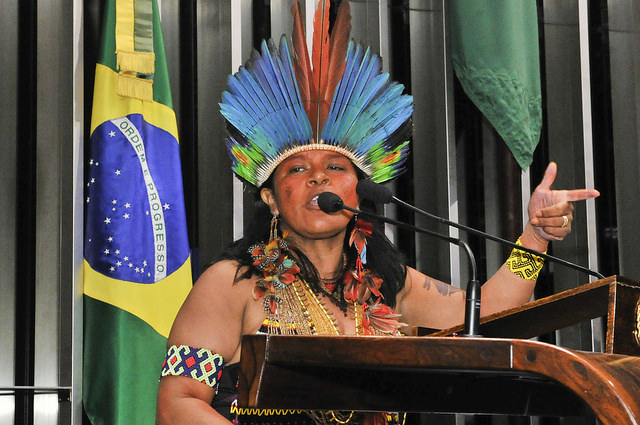
“The United Nations Permanent Forum on Indigenous Issues (UNPFII) offers an opportunity to make indigenous issues visible at the international level and denounce violations of our rights. Although the UNPFII does not provide with coercive mechanisms, it gives indigenous peoples the opportunity to hold states accountable before the international community and demand that our rights be respected.”
Speaking is Ms Sônia Guajajara, who participated in this year’s UNPFII, as the National Coordinator of Brazil’s Association of Indigenous Peoples (APIB). International IDEA also attended the 14th Session of the UN Permanent Forum on Indigenous Issues (20 April – 1 May 2015), an annual meeting which provides a unique platform for representatives of indigenous peoples, governments, non-governmental and inter-governmental organizations. At this forum, discussions are held and recommendations are formulated on the different issues faced by indigenous peoples around the world. International IDEA’s cross-cutting work on democracy and diversity aims to promote participation and representation of marginalized groups in decision-making and equal access to political life, in order to support sustainable and inclusive
“With more than 305 different indigenous peoples and 275 different indigenous languages in Brazil, it is very difficult to achieve inclusion of every people in the indigenous movement”, Ms Guajajara continues. “For this reason, Brazil’s Association of Indigenous Peoples (APIB) comprises of various organizations at the regional and state level to make sure all voices are heard. Each region is represented in a committee which operates at the federal level.”
Ms Guajajara represents the Amazon region and was appointed as national coordinator by the federal committee. She points out that there is often resistance toward indigenous women holding leadership positions. For example, in the gatherings of the Guajajara people, the majority of participants are men. However, the presence of Guajajara women is growing nowadays. When a person – regardless of gender – stands out firmly and shows commitment to the struggle for indigenous rights, he or she naturally gains the respect of the community. In the case of Ms Guajajara, her intention to fight for their collective rights has always been clear and therefore she enjoys the support of the different stakeholders of Brazil’s indigenous community, she explains.
This year’s UNPFII discussions focused on a broad range of issues related to indigenous peoples, such as the preservation and transmission of indigenous peoples’ traditional knowledge and culture, as well as the situation of indigenous youth and ways to prevent indigenous youth suicide. In this regard, young indigenous leaders took the floor and outlined the particular challenges faced by indigenous youth. Among them, Luciano Ariabo Quezo, a young indigenous Umutina-Balatiponé from Mato Grosso, Brazil, highlighted the importance of indigenous youth participation in decision-making processes and international fora like the UNPFII. Representing more than 100 indigenous students from the Indigenous Culture Center of the Federal University of São Carlos, São Paulo, Mr Ariabo Quezo stated: “I accessed university through an affirmative action programme for indigenous students which is being implemented by public universities in Brazil. The presence of indigenous students in the universities contributes to the elimination of prejudices against indigenous peoples, empowers indigenous youth, and helps the academic community to acquire a better understanding of indigenous cultures. For these reasons, it is very important that the state guarantees access of indigenous students to higher education through specific affirmative action policies.”
The UNPFII also discussed the political participation of indigenous peoples in electoral and democratic processes, the need to include indigenous peoples’ rights into the Post-2015 Development Agenda and the development of specific indicators that take into account indigenous peoples’ needs and concerns. In this framework, International IDEA organized a side event on ‘Enhancing Political Participation of Indigenous Peoples and the Post-2015 Development Agenda’, where the panel discussed strategies for the political empowerment and inclusion of indigenous peoples in decision-making processes and identified key issues to be considered in the elaboration of the Post-2015 Development Agenda. In this regard, the final report of the 14th Session of the UNPFII released on 19 June urges UN member states and UN agencies to ensure indigenous peoples’ direct participation in the multilateral negotiations for the adoption of the Post-2015 Development Agenda.
With respect to equal and genuine participation of indigenous peoples in electoral processes, Ms Guajajara notes that the rising cost of electoral campaigns and the lack of financial resources is likely to further disadvantage indigenous candidates. At the same time, she points out that even though indigenous peoples are not currently represented in the federal government, the indigenous movement is growing stronger: “Indigenous leaders are engaging in dialogue with decision-making bodies at the state level but also with representatives of the federal judicial bodies, the National Secretary of Social Articulation, the Vice-President of the Republic and the President of the Chamber of Deputies. At the same time, we are involved in a social platform discussing political reforms and advocating for increased representation of marginalized groups in the Federal Chamber of Deputies, including indigenous peoples, youth, Afro-Brazilians and women.
In this context, a draft law introducing 4 reserved seats for indigenous representatives has been submitted to the Chamber of Deputies and is now pending approval. If this law passes, it will be a very important step for the political participation of indigenous peoples.
